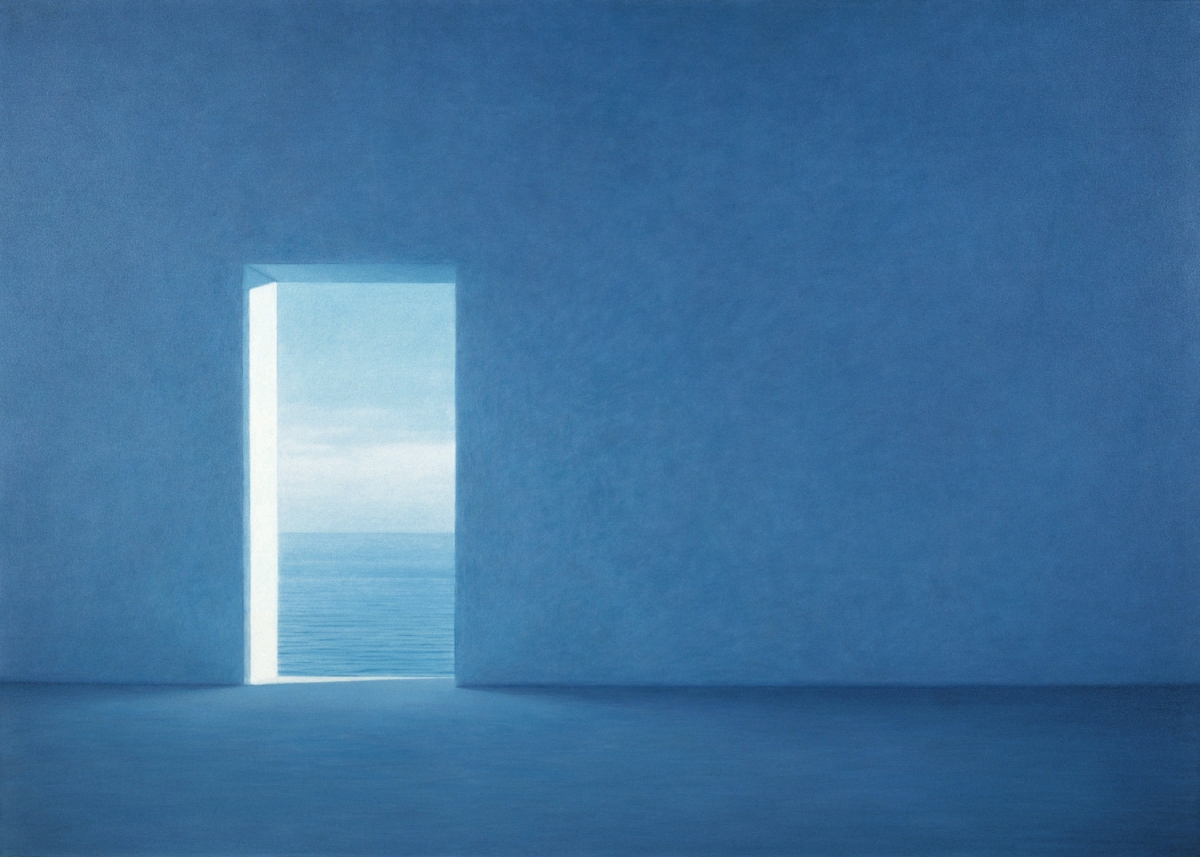为了感伤——那么你不是爱诗,你爱感伤。
为了信息——那么你不是爱诗,你爱信息。
为了音乐——那么你不是爱诗,你爱音乐。
为了灵性——那么你不是爱诗,你爱灵性。
为了才智——那么你不是爱诗,你爱才智。
为了勇气——那么你不是爱诗,你爱勇气。
为了灵感——那么你不是爱诗,你爱灵感。
为了情感——那么你不是爱诗,你爱情感。
为了词汇——那么你不是爱诗,你爱词汇。
为了诗人——那么你不是爱诗,你爱诗人。
为了意义——那么你不是爱诗,你爱意义。
为了它代表的东西——那么你不是爱诗,你爱它代表的东西。
为了词语——那么你不是爱诗,你爱词语。
为了句法——那么你不是爱诗,你爱句法。
为了政治——那么你不是爱诗,你爱政治。
为了美——那么你不是爱诗,你爱美。
为了愤怒——那么你不是爱诗,你爱愤怒。
为了温柔——那么你不是爱诗,你爱温柔。
为了希望——那么你不是爱诗,你爱希望。
为了它本身——那么你爱诗。
作者 / [美国] 查尔斯·伯恩斯坦
翻译 / 马鸣萧
For the sentiment. — Then you don’t love the poem you love the sentiment.
For the message. — Then you don’t love the poem you love the message.
For the music. — Then you don’t love the poem you love the music.
For the spirit. — Then you don’t love the poem you love the spirit.
For the intelligence. — Then you don’t love the poem you love the intelligence.
For the courage. — Then you don’t love the poem you love the courage.
For the inspiration. — Then you don’t love the poem you love the inspiration.
For the emotion. — Then you don’t love the poem you love the emotion.
For the vocabulary. — Then you don’t love the poem you love the vocabulary.
For the poet. — Then you don’t love the poem you love the poet.
For the meaning. — Then you don’t love the poem you love the meaning.
For what it stands for. — Then you don’t love the poem you love what it stands for.
For the words. — Then you don’t love the poem you love the words.
For the syntax. — Then you don’t love the poem you love the syntax.
For the politics. — Then you don’t love the poem you love the politics.
For the beauty. — Then you don’t love the poem you love the beauty.
For the outrage. — Then you don’t love the poem you love the outrage.
For the tenderness. — Then you don’t love the poem you love the tenderness.
For the hope. — Then you don’t love the poem you love the hope.
For itself. — Then you love the poem.
by Charles Bernstein
如果恋人问到:“你为什么爱我?”你会怎么回答?
这样的询问应该在许多情侣之间都曾发生过。这自然是个颇有难度的问题,而最好的答案往往不是认真地回答这个问题,而是思考恋人询问时究竟有怎样的心理需求。尝试去满足对方的需求,或许才是更重要的。
话说回来,这问题之所以困难,是因为一个人是丰富的,当我们努力从对方身上突出某个特点时,似乎其他部分就被暂时遮蔽了,难免落入盲人摸象的境地。
这首诗就提出了一个相似的问题:“你为什么爱诗?”
诗人列举了一堆常见答案,它们也代表了许多人的诗歌本体论。为什么热爱诗歌,这似乎是让人回答的事:什么才是诗歌最独特的魅力,什么才是诗歌最深层的本质。
流传千百年、被一代代人喜爱的诗歌,自然也是意蕴深厚、面向丰富的,所以当我们试图突出诗歌的某一点时,我们给出的答案也总是片面的。
在我看来,这样的“片面”看法并没有什么不好,也恰恰是这些“片面”极大丰富了诗歌本身。那些因音乐爱上诗歌的人,会将诗歌朗读或歌唱出来,让诗歌的声音传播向更远处;那些因勇气爱上诗歌的人,在诗歌的鼓舞下行动和改变,努力让这个世界变得更好;那些因希望爱上诗歌的人,在人生困顿的时刻能从诗句中获得安慰和力量,是多么让人欣慰的事。
因此,理想的状态是,我们可以看到诗歌的方方面面,甚至突出其中的某些方面,但不必用固定的一面或一点去限定诗歌,不必贸然否定其他方面。如果这样做,我们只会缩小诗歌的疆域,只会贬损诗歌的价值。
这首诗或许就是在回应那些在诗歌领域中的盲目摸象、固化诗歌的人。希望我们都以更开放、更好奇的心态去读诗,能读到最让自己心动的一面,也能读到让自己困惑、惊讶的一面。
让我们努力去爱诗歌本身。

近期评论